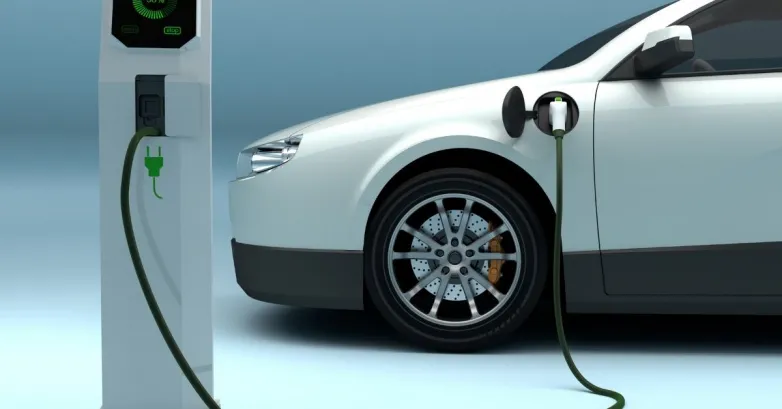How Electric Cars Will Change Drivers Ed

As we become more conscious and aware of the effects of global warming, more people will switch to electric and hybrid cars in the coming years. What young drivers learn about cars, in general, will also change as the move towards electric vehicles picks up pace. This will impact how driving instructors teach learners and require an overhaul of some of the elements of drivers ed.
The move to EVs will be interesting because of the difference in technology between electric and automatic vehicles. Let's take a look at some of the things that may change:
1. Drivers Ed may require young drivers to have a better understanding of EV technology
As of now, the biggest challenge while driving EVs seems to be maximizing the range from EV batteries and ensuring you don't run out of charge. Drivers may be required to know where, when, and how often to charge the electric car. Proper knowledge of the economical use of battery power and how far the car can go without a charge in varying temperatures will also be crucial elements of driver's ed.
2. Hazard training elements may change due to noise difference
Electric cars run silently. This means that pedestrians cannot hear them approaching. Therefore, a better understanding of the hazards related to pedestrians may also be a part of driver's ed.
3. Difference in acceleration and braking
Electric cars tend to accelerate more aggressively when compared to traditional cars. This will mean having a better understanding of the difference in acceleration in various cars. There is also an issue related to regenerative braking in electric cars, so knowledge and understanding of how that works may be part of additions to driver ed lessons.
4. Understanding of Autonomous Technology
Electric car makers like Tesla have a self-driving feature in all cars, and other manufacturers are also starting to incorporate autonomous driving features. This will require less effort on the part of the future drivers to operate their cars but will need a better understanding of how the technology works. It will still be important that future drivers do not become too dependent on the technology to operate their vehicles and continue to have the skills needed to operate the vehicle in case the technology is absent.
Electric cars help reduce our carbon footprints, and they also have fewer moving parts, which means less maintenance. Since they don't require gas, they are cheaper to run than traditional cars. So, the move towards electric cars is inevitable, and some of the above changes may be a part of driver's ed sooner or later.
Also read

